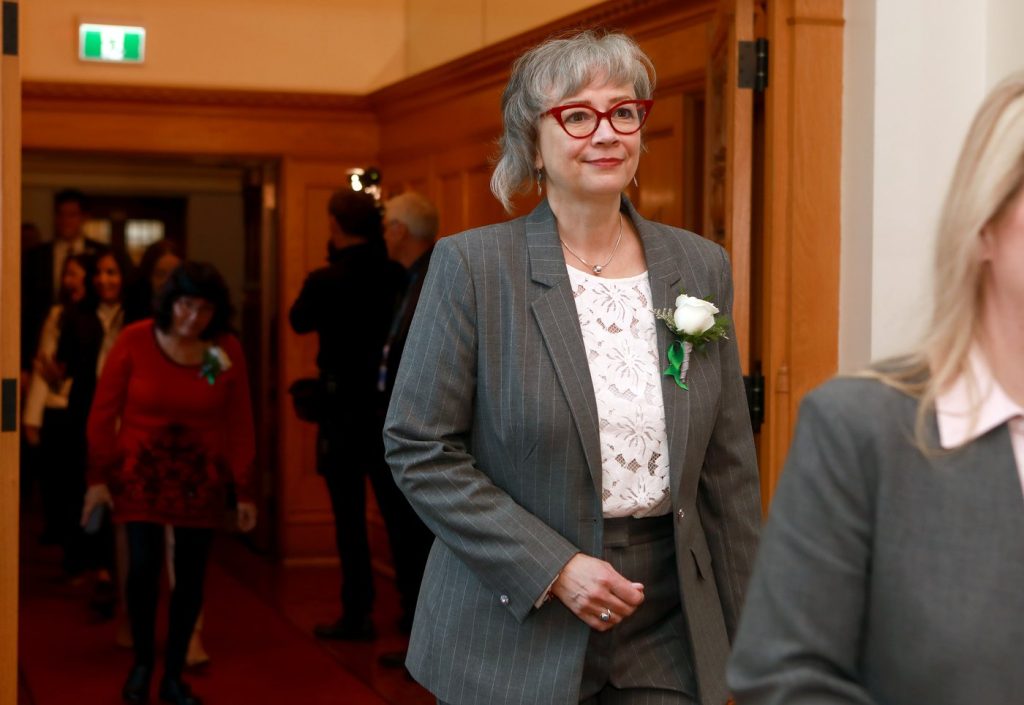VICTORIA – British Columbia's Labour Ministry has announced a wage increase for the province's lowest-paid workers, effective Sunday. The minimum wage will rise from $17.40 to $17.85 per hour, marking a significant change aimed at improving the financial well-being of those earning the least in the province.
This 2.6 percent increase will also extend to various categories of workers, including resident caretakers, live-in home-support workers, live-in camp leaders, and individuals working in app-based delivery and ride-hail services. The government’s decision reflects its ongoing strategy to provide a predictable income framework for workers while also giving businesses the certainty needed to plan for the future.
The announcement highlights that this latest adjustment is part of the government’s broader commitment to regularly and gradually increase the minimum wage in alignment with inflation. This move, described as a “commitment to tie annual minimum-wage increases to inflation,” underscores the government’s intention to support the livelihoods of its most vulnerable workers.
The ministry has indicated that this will be the fourth consecutive year that the minimum wage has been linked to inflation, a methodology designed to continually help workers adjust to rising costs of living. This proactive stance aims to alleviate some of the financial pressures faced by low-income earners in British Columbia.
Additionally, the ministry has announced a specific timeline for hand harvesters, who will also receive the 2.6 percent pay increase, albeit with a slight delay. Their wage adjustment will take effect on December 31, rather than during the regular June 1 timeline. This decision is intended to prevent disruptions within the agricultural sector and ensure that crop producers are not faced with sudden changes during the height of the harvesting season.
Data from Statistics Canada indicates that approximately 130,000 workers across British Columbia were earning minimum wage or less in 2024. This figure emphasizes the significance of such wage adjustments in providing immediate financial relief to a considerable segment of the workforce, particularly in a province where the cost of living has been increasing steadily.
The action taken by the British Columbia government not only supports low-wage workers but also aims to stimulate the economy by increasing the spending power of those who may have been struggling to make ends meet. By ensuring that workers receive regular wage increases tied to the cost of living, the government seeks to foster a more equitable economic environment.
Overall, the wage increase announced highlights British Columbia’s focus on worker welfare and commitment to fair pay in the face of rising living costs, while also taking into account the practical needs of businesses and agricultural producers in the province.











